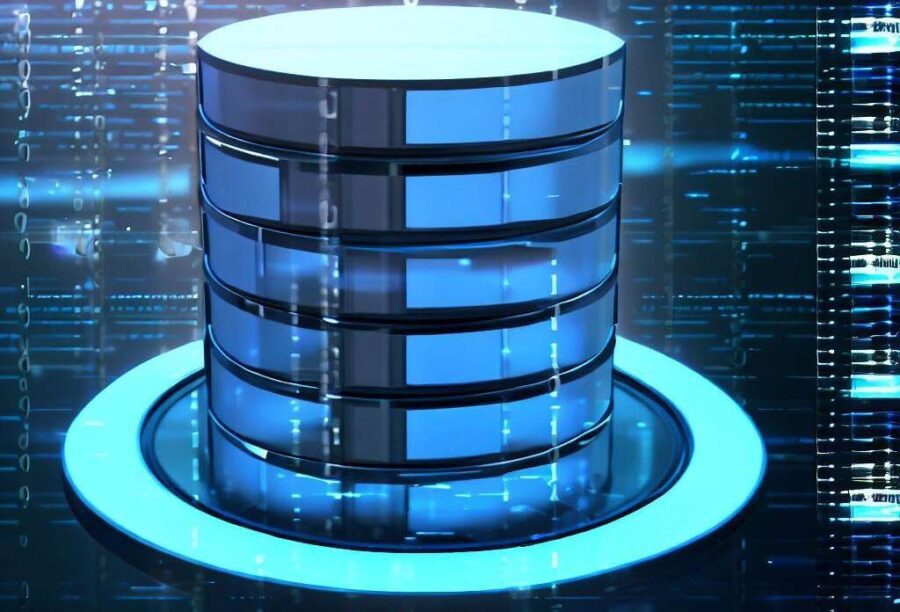
Exploring the Future of Databases: Relational vs Non-Relational
With the rapid advancement of technology, data management has become a critical aspect of any successful organization. Whether choosing a relational or non-relational database system, it’s pertinent that decision-makers understand the nuances and potential long-term implications of their choice. This comparison outlines the key points to consider and what future developments might look like.
The Key Distinctions
At the crux of the decision between relational and non-relational databases are considerations for performance, scalability, data complexity, and the intended usage of the databases.
- Performance: While relational databases are generally more efficient for simple queries, non-relational systems may offer better performance for complex data structures.
- Scalability: Non-relational databases often feature horizontal scalability, making them a potentially better solution for companies expecting rapid growth.
- Data Complexity: If the organization is dealing with multi-faceted, multi-structured data, a non-relational database might provide a more suited solution.
- Usage: The right database highly depends on the specific use case. For instance, relational databases can be an excellent choice for handling structured, tabular data, whilst non-relational databases can excel in handling big data and unstructured information.
Future Developments and Implications
Database technology is likely to continue evolving to stay ahead of the growing complexity and volume of data. Organizations must keep a pulse on these trends to adapt their database strategies accordingly.
- AI & Machine Learning: As AI and machine learning technologies continue to advance, databases will increasingly need to cope with more complex data structures and queries. This trend might favor non-relational databases, which are naturally suited for handling such complexity.
- Greater Integration: We may also see an increased demand for hybrid databases that combine elements of both relational and non-relational systems. Such integrations could offer the best of both worlds in terms of scalability, flexibility, and performance.
- Security: As data breaches become increasingly common, the importance of robust security measures within database systems will escalate. Organizations should strongly consider the security features of their chosen database system.
Actionable Advice
Making the right choice between relational and non-relational databases requires careful consideration. Organizations should deliberate on their specific data needs, anticipated growth, and long-term goals.
For startups or organizations with simple data management requirements, investing in a relational database system might be sufficient. But for companies dealing with complex data structures or expecting rapid growth, a non-relational system could provide a more scalable and flexible solution.
Overall, staying informed about future trends in database technology is critical. As AI and machine learning technologies continue to develop, it might pay to be proactive and consider a database system that can handle the complexity these technologies bring. Similarly, looking into hybrid systems that blend the benefits of both database types – or picking a system which places a high emphasis on security – could be increasingly beneficial in the long run.
